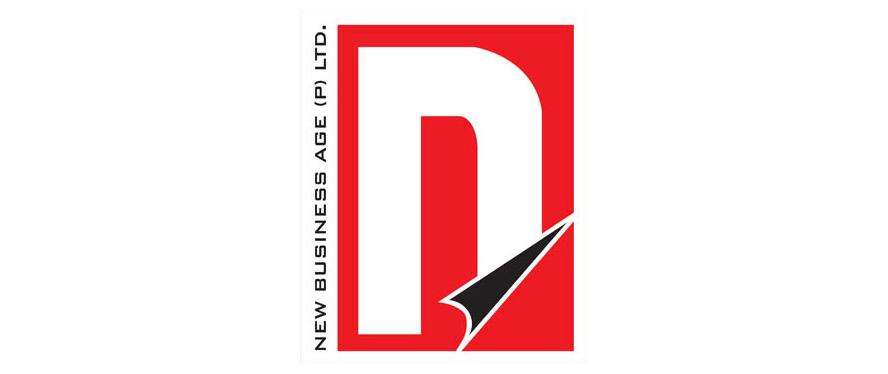Almost all big private firms including the multinational companies in Nepal have so far decided against going public. Though they are eligible for public listing, they are not listed at Nepal Stock Exchange (Nepse). Of the total 235 companies listed at Nepse, more than 85 per cent are banks and insurance companies as it is mandatory for them to issue Initial Public Offering (IPO) within two years of their establishment.
There are many advantages for a company going public. The financial benefit in the form of raising capital is the most distinct advantage. Capital can be used to fund research and development, fund capital expenditure or even used to pay off existing debt. Another advantage is an increased public awareness of the company because IPOs often generate publicity by making their products known to a new group of potential customers.
Still, MNCs like Dabur Nepal, Surya Nepal, Asian Paints etc are not listed at Nepse. The parent companies of these MNCs are, however, listed at the capital markets of their respective countries. Very few MNCs like Uniliver, Bottler’s Nepal and Taragaon Regency Hotels are listed at the capital market. The MNCs operational in Nepal perhaps don’t need to raise capital from the general public as their principals abroad have deep pockets.
Besides MNCs, there are big companies run by the established business houses in the country that are reluctant to go public. These companies have not felt the need to issue IPO as their owners are often the promoters of banks and insurance companies. So, they can get loans from the banks and can also claim insurance comparatively easily.
But raising capital is not the only reason why a company should go public. Public companies are expected to be more transparent as they have to abide by the rules and regulations of the regulator of the capital market which is the Securities Board of Nepal (SEBON) in our case. Public companies have to issue periodic financial reports and hold AGMs which means added disclosure for investors. These activities put pressure on public companies to be more transparent. Maintaining transparency enhances the public image of companies. There is no reason why a company should not try to become more transparent.
Recently, the government has started preparations to make all telecommunications companies as public companies. This step by the government is welcome. So far, only the state-owned Nepal Telecom is a public company. Other telecom operators such as NCell, United Telecom, STM Telecom, Smart Telecom, Nepal Satellite etc are operating as private companies. The government wants all these existing companies to go public and has indicated that new entrants will be issued license only after they agree to become a public company.
A committee formed to study cross holding in telecoms has already forwarded its suggestions to the government. According to the suggestions, the ceiling of cross holding in public companies should be restricted to 15 per cent. Similarly, the committee has suggested that the share of one person or group should not be more than 51 per cent. However, the committee has suggested that the current provision for a foreign investor to hold up to 80 percent of shares in a company should be given continuity.
There is a need to revise this provision, if not in the case of the existing companies then in the case of new companies where two or more foreign investors should be allowed to hold up to 80 per cent of shares. Such a policy would make sure that there two or more foreign investors in one company and if one of them wants to make an exit, any of the other companies can buy the shares.













